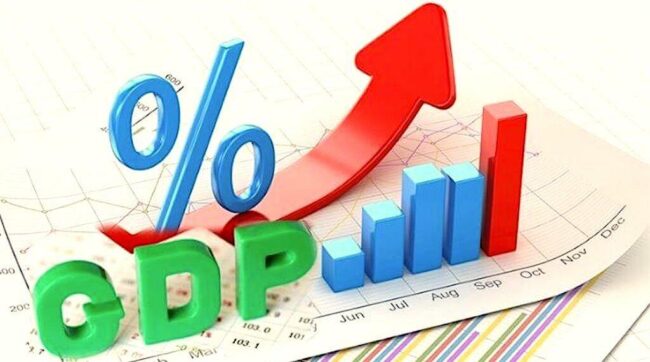The release of Nigeria’s first-quarter Gross Domestic Product (GDP) report for 2025 has been delayed by 33 days beyond the country’s historical average, according to a new report by Intelpoint, a data and research firm under Techpoint Africa.
Typically, the National Bureau of Statistics (NBS) releases Q1 GDP data around late May, averaging 53 days after the end of March. However, as of June 25, 2025, the report remains unpublished—marking 86 days since the quarter ended. This significant delay has raised eyebrows among analysts and stakeholders who rely on timely economic data to make informed decisions.
Intelpoint, which provides research consultancy services to institutions and businesses, tracked NBS release timelines from 2017 to 2024. In those years, the agency consistently maintained a predictable schedule for the release of quarterly GDP reports. The 2025 deviation is the most prolonged delay observed in nearly a decade.
According to Intelpoint’s findings, the delay may be linked to a major GDP rebasing exercise carried out earlier this year by the NBS. The agency adopted 2019 as the new base year, updating the way economic activity is measured in Nigeria. The last rebasing was conducted in 2014, which shifted the base year to 2010 and significantly revised GDP figures upwards.
ALSO READ FROM NIGERIAN TRIBUNE: PDP NWC members disagree with Damagum, reject Anyawu’s reinstatement
“This rebasing is essential to reflect Nigeria’s evolving economic landscape. It captures emerging sectors and aims to offer a more accurate measurement of economic output,” Intelpoint noted in a post shared via its official X (formerly Twitter) account.
While rebasing efforts are welcomed for improving data accuracy, they often involve complex recalibrations that can extend the timeline for report publication. Nevertheless, the prolonged silence from the NBS has prompted concerns over transparency and consistency in official economic data releases.
Economic analysts warn that delays in critical reports such as GDP figures could hinder policy formulation, investment planning, and broader economic assessments. “Timely data is fundamental for both local and international stakeholders. Extended delays, regardless of the reason, can undermine confidence,” one analyst remarked.
As Nigeria grapples with inflation, sluggish growth, and ongoing reforms, clear and timely data remains a crucial tool for both government and private sector actors. Stakeholders now await a formal update from the NBS on when the Q1 2025 GDP report will be released.
The situation underscores the importance of balancing statistical precision with predictable and transparent communication, particularly in a period of economic uncertainty.
WATCH TOP VIDEOS FROM NIGERIAN TRIBUNE TV
- Relationship Hangout: Public vs Private Proposals – Which Truly Wins in Love?
- “No” Is a Complete Sentence: Why You Should Stop Feeling Guilty
- Relationship Hangout: Friendship Talk 2025 – How to Be a Good Friend & Big Questions on Friendship
- Police Overpower Armed Robbers in Ibadan After Fierce Struggle






